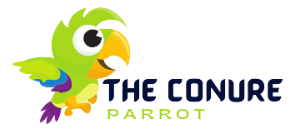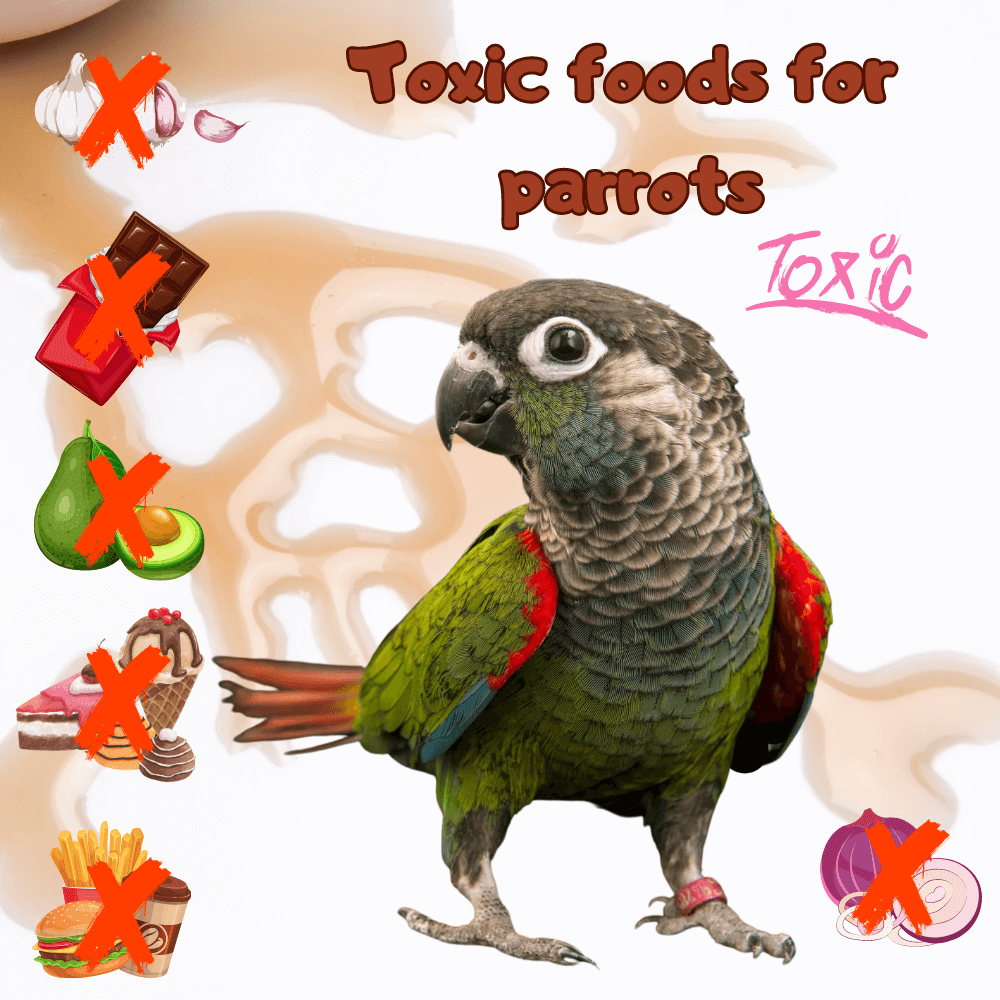Toxic foods for parrots: Food for parrots must be well-matched to the animals. A deviation, therefore, poses serious risks to the health of the animal, which can lead to death.
A parrot’s diet is one of the most important aspects to consider when keeping a parrot as a pet. There are many foods that are forbidden for parrots that we must take into account when preparing their complex rations. Otherwise, we run the risk of poisoning these beautiful animals.
Parrot food
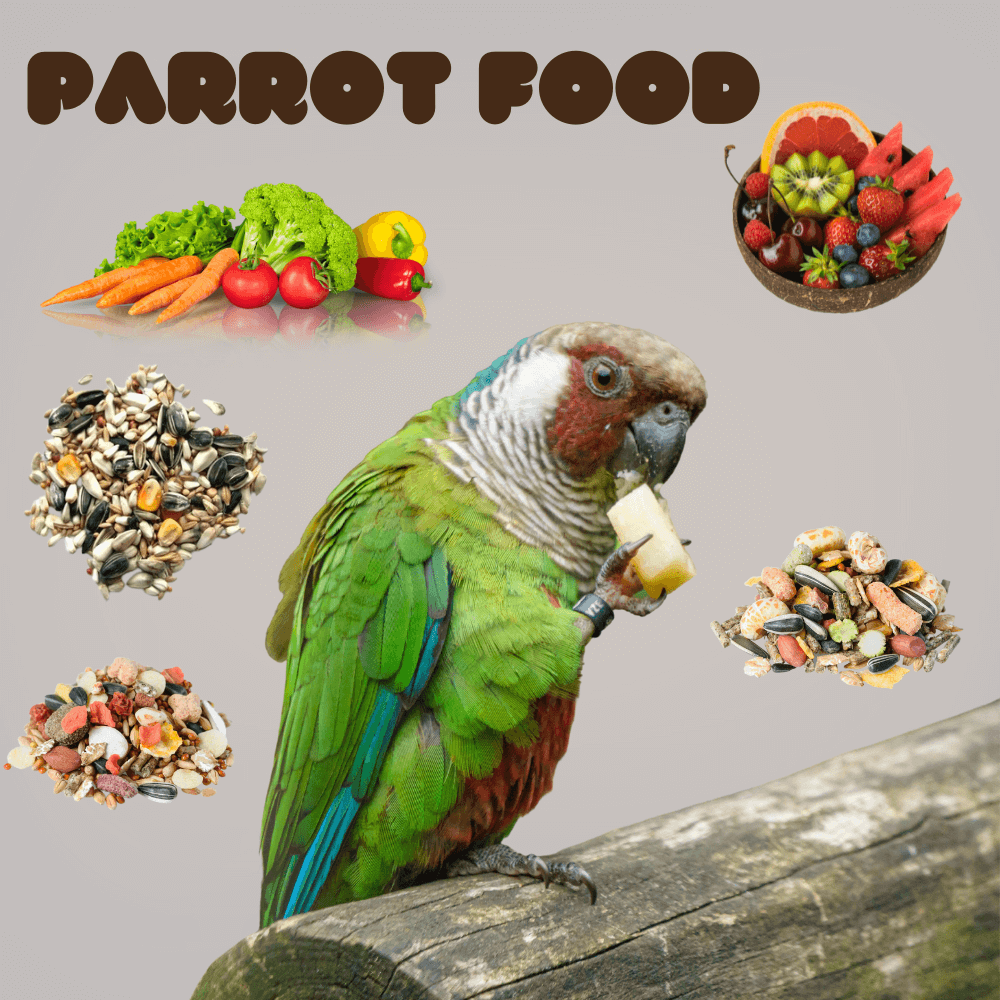
In general, parrots should eat special foods, fresh fruit, and seeds for a balanced diet. However, we should consult professionals and not experiment with foods that can potentially poison these exotic birds. Before we talk about forbidden foods, let’s look at a parrot’s diet in a general way:
- While widely available, seed mixes have a downside: parrots tend to choose what they consider the most appetizing seeds and nuts, such as sunflower seeds and peanuts. So you opt for options that contain too much fat.
- A balanced feed mixture is recommended here. This should be based on a mix of seeds and fruits, so the parrot doesn’t just choose the “unhealthier” ingredients. As long as the food is of good quality, it can be a good option for a bird’s basic diet.
- Birds find fruits extremely “appealing”. The best are banana, melon (but not watermelon), peach, cherry, tangerine, orange, mango, apple, kiwi, papaya, apricot, and grape.
- You can also feed your pet watercress, chard, spinach, celery, artichokes, green peppers, cauliflower, broccoli, cucumber, carrots, or tomatoes. Although vegetables can seem a bit monotonous to animals, it’s a good idea to try out the permitted varieties and find out which vegetables they prefer. Then they don’t just eat their fill of sugary fruit.
Best food for parrot
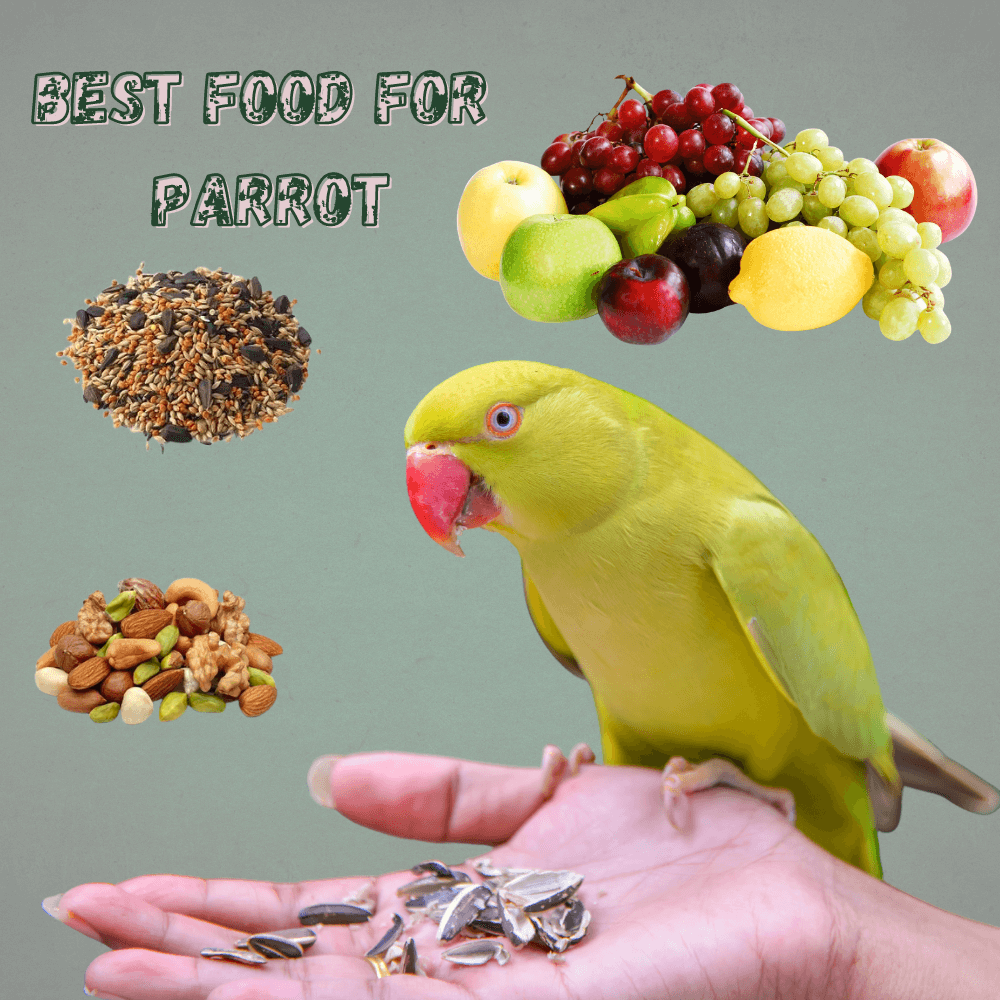
A varied and balanced diet, free from foods prohibited for parrots, is undoubtedly best. It is probably best if the diet is based on a high-quality mix that makes up at least 50% of the diet.
As for the fruits and vegetables mentioned above, they should be mixed in a varied ways. Again, the recommendation is to give your feathered pet 20 to 40% of the food each day.
Finally, seed mixes and legumes can enrich the diet but should only be given occasionally. Dairy products without salt or a lot of sugar can also be a good way to enrich the bird’s diet.
To meet the ethological needs of these animals, we always recommend providing their food in pet parrot bowls rather than dispensers.
Parrot fruits and vegetables
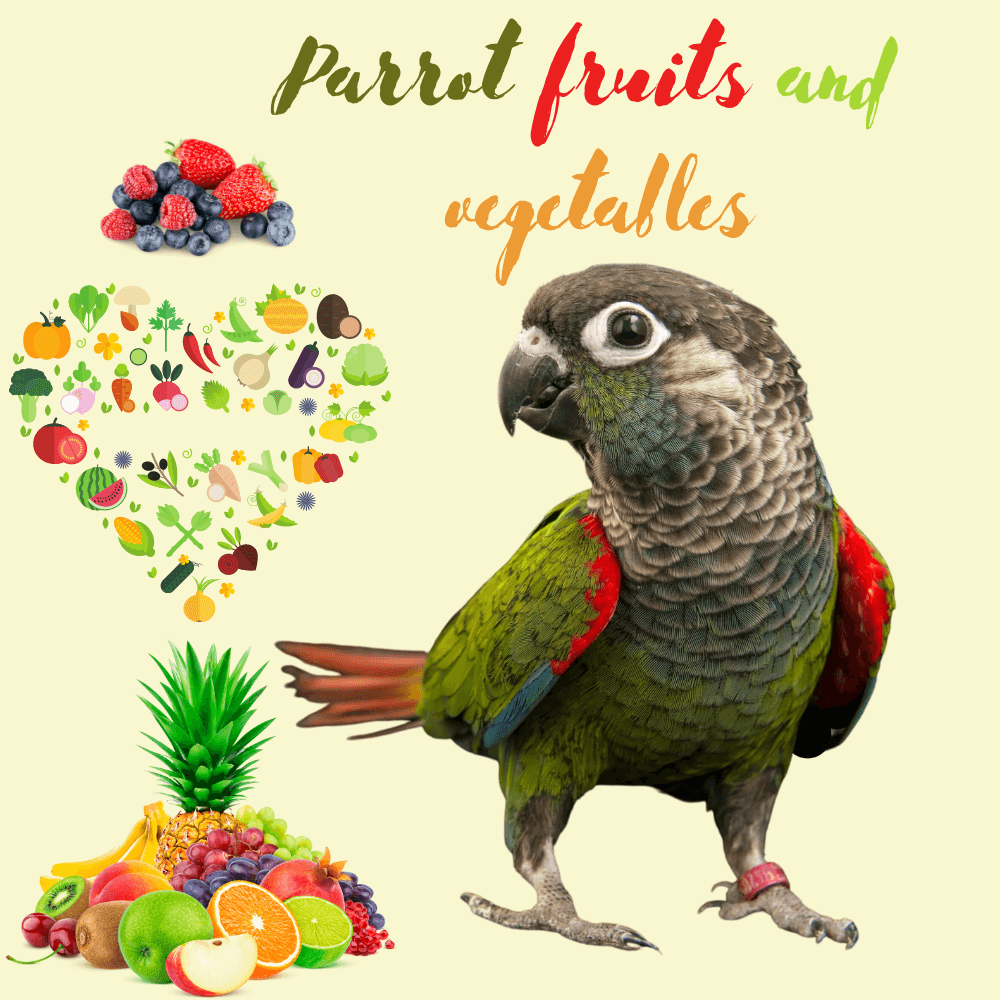
Of course, most of the processed foods that humans consume are among the no-parrot foods. In this sense, the above diet is the right one, because almost anything that deviates from it is harmful to these birds.
Among the fruits, the avocado is one of the most important foods forbidden for parrots. It contains an element called persin, which causes heart and respiratory failure. Another dangerous fruit is watermelon due to its high glycoalkaloid content.
Eggplant and certain tubers, like potatoes, contain solanine, which is toxic to most species of animals. Even if after cooking these vegetables have lost the poison, and it is better not to give them to the bird in any form. Garlic and onions can cause fairly severe anemia in most animal species. That is why they belong on the list of prohibited foods.
Fruit pits are not recommended, as many contain cyanide, although not in high doses. Even if citrus fruits are sometimes on the list of forbidden foods for parrots, these animals are good at digesting them. However, too much of it can cause mild diarrhea.
Bad food for parrots
Parrots cannot digest honey because it alters the gut microbiota and causes inflammation of the stomach known as gastritis.
Coffee and tea are among the forbidden foods for parrots due to their high levels of caffeine and theine. These components create hyperactivity in parrots, which can lead to heart problems.
Another poison is chocolate – it is very harmful to dogs and many other animals, including these birds. Theobromine stimulates the nervous system and can cause convulsions, vomiting, diarrhea, and death. We should never feed chocolate to animals. In addition, eating chocolate requires immediate veterinary attention.
While it may be obvious, alcohol, salt, or dog and cat food are forbidden foods for parrots, and you should never give them to your pet, even occasionally.
When preparing your pet’s food, be careful with these banned parrot foods as they can endanger the health and welfare of these unique birds.
